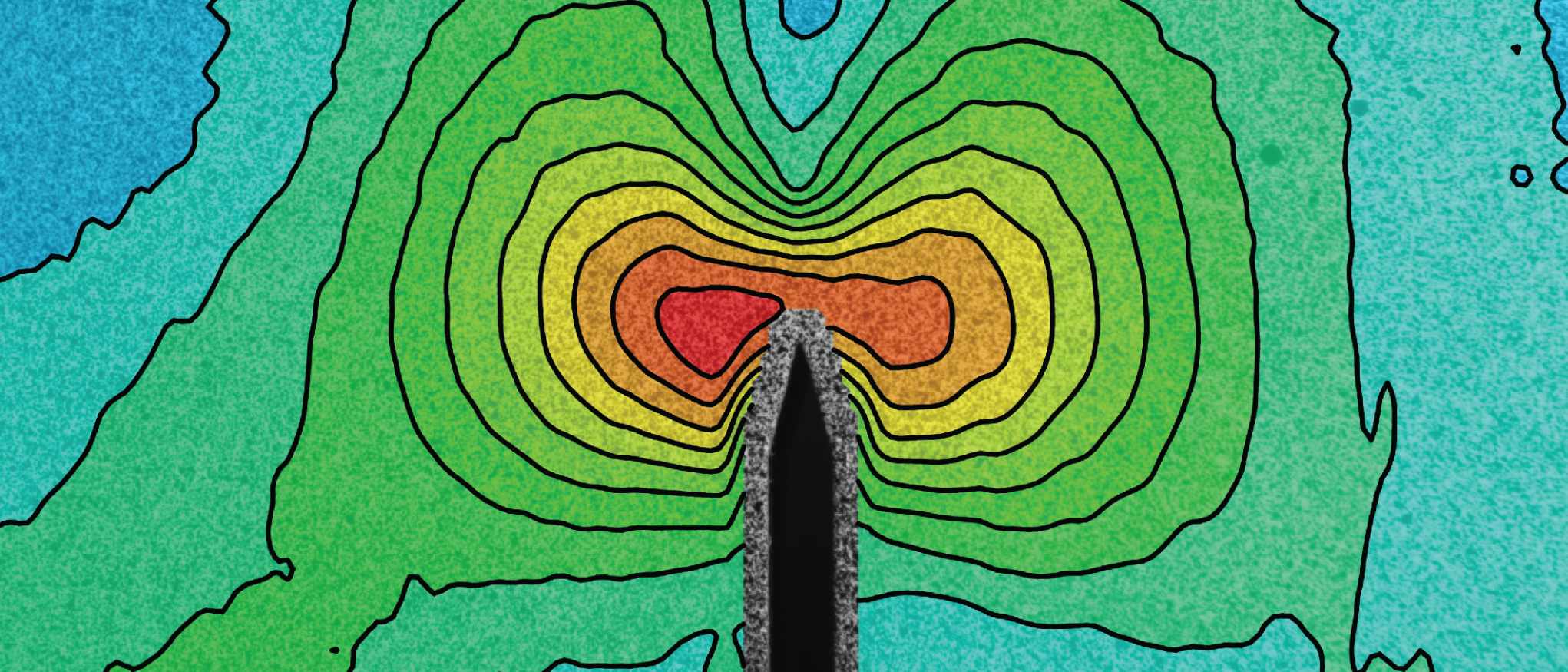
Recent News
Keep up with everything related to DIC
At Correlated Solutions, we do our best to keep our customers informed of the latest advancements in photogrammetry across engineering applications. We’ll cover new produce development, exceptional projects published by customers and partners, trade show and conference registration information, and much more. Check out the posts below to see what we’ve been working on.
Archive
- March 2025
- February 2025
- January 2025
- December 2024
- November 2024
- October 2024
- September 2024
- August 2024
- July 2024
- June 2024
- May 2024
- April 2024
- March 2024
- February 2024
- January 2024
- December 2023
- November 2023
- October 2023
- April 2023
- March 2023
- February 2023
- December 2022
- November 2022
- September 2022
- July 2022
- June 2022
- May 2022
- February 2022
- January 2022
- December 2021
- November 2021
- October 2021
- September 2021
- August 2021
- July 2021
- April 2021
- March 2021
- February 2021
- December 2020
- November 2020
- October 2020
- September 2020
- July 2020
- May 2020
- March 2020
- February 2020
Key Word
- Aerospace 3
- Ballistic Gel 1
- Batteries 1
- Calibration 2
- Civil 1
- Education 3
- FFT 2
- Fabric 2
- High-Temperature 1
- Industrial 3
- Infrared 1
- Large-Scale 1
- Lectures 2
- MTS 2
- Materials 6
- Multi-System 2
- Operational Deflection Shapes 2
- Real-Time 3
- Speckling 2
- Tutorials 1
- VIC-3D 9
- VIC-EDU 1
- holidays 3
- iDICs 4
- iris 2
Resolution for 2024: Better Speckling!
This video covers the fundamentals of creating an effective speckle pattern for digital image correlation. In digital image correlation, one or more cameras take a series of images as a specimen deforms. Measurements are taken by precisely analyzing the position of unique groups of speckles on the surface of the object as it moves through successive images. Using an optimal speckle pattern is one of the most important factors in reducing measurement noise and improving overall DIC results, therefore, understanding the requirements of an ideal speckle pattern and how to apply one to a specimen is a vital part of DIC. In this tutorial, we briefly discuss the theoretical background of DIC, then we’ll cover general speckle pattern requirements and outline some common application methods.
Thermal Marking for Biomechanical Speckling
Interesting research was presented recently describing an alternative speckling technique for digital image correlation. In this work, a new methodology featuring thermal marking is deployed to carry out mechanical analysis and obtain deformation and displacement data using VIC-3D. It's early days for this research, but it shows a great deal of promise for biomechanical applications, and we're excited to see where it goes in the future.


